In today’s fast-paced world of superfoods and smart nutrition, the humble mushroom has taken center stage. Specifically, dried mushrooms have garnered attention not only for their shelf stability and rich umami flavor but also for their potential role in cognitive enhancement and overall wellness. One question that continues to spark interest among health enthusiasts and medical researchers alike is this: is dried mushrooms good for health? This query delves deeper than culinary curiosity, touching upon immune resilience, neuroprotection, and holistic wellness. As researchers explore the vast nutritional potential of dried mushrooms, particularly varieties like shiitake, lion’s mane, and cordyceps, a fascinating truth emerges—one that intertwines ancient medicinal practices with cutting-edge scientific inquiry.
You may also like: The Ultimate Guide to the Best Nootropic Mushrooms for Memory and Cognitive Enhancement
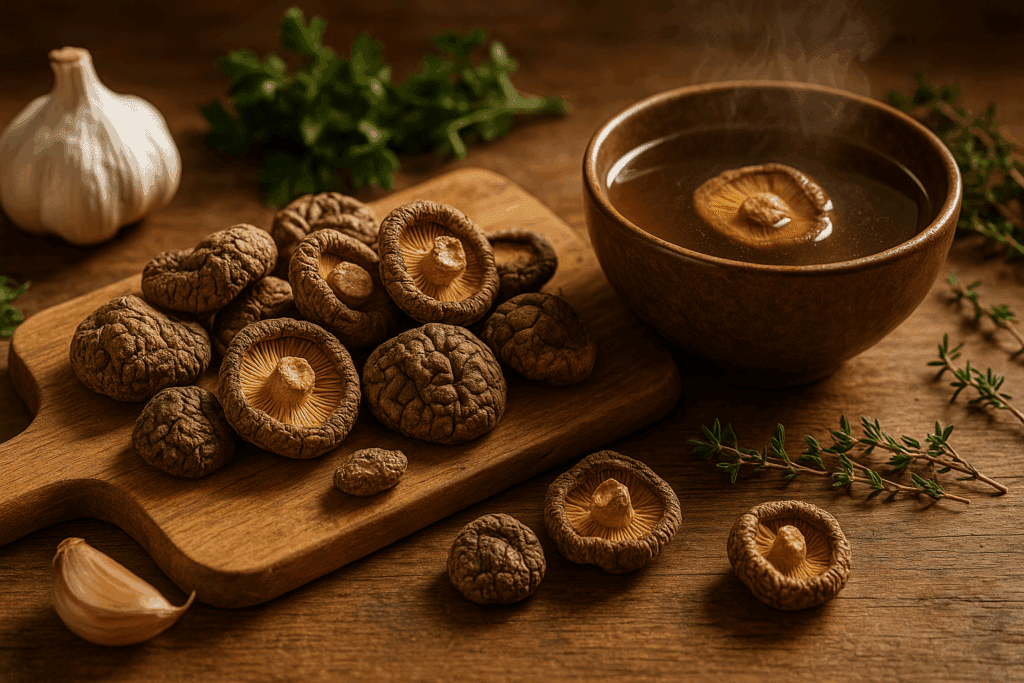
Understanding the Nutritional Foundations of Dried Mushrooms
Dried mushrooms are more than a convenient pantry staple. When mushrooms are dehydrated, their nutritional profiles become concentrated, amplifying their health-promoting compounds. Essential vitamins, minerals, and bioactive molecules remain intact or are even enhanced during the drying process. The benefits of dried mushrooms span a wide spectrum, beginning with their nutrient density. They are low in calories and fat but rich in dietary fiber, antioxidants, and B-complex vitamins such as riboflavin, niacin, and pantothenic acid. These vitamins play a crucial role in energy metabolism and nervous system function.
Moreover, dried mushrooms are a notable source of important minerals including selenium, potassium, and copper. Selenium acts as a powerful antioxidant, protecting cells from oxidative damage, while potassium helps regulate blood pressure and supports cardiovascular health. Copper, often overlooked in standard diets, is essential for brain development and the maintenance of the immune system. When considering the question “is dried mushrooms good for health,” it’s evident that the foundational nutritional profile of these fungi supports a compelling case for their inclusion in a balanced diet.
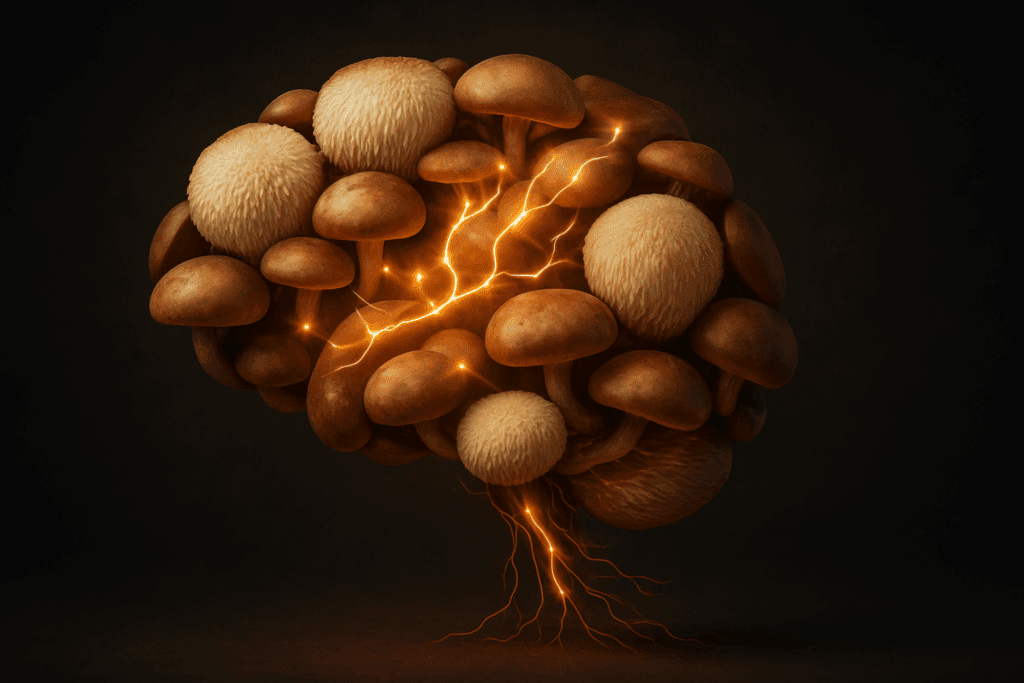
The Cognitive Connection: How Dried Mushrooms Support Brain Health
The connection between mushrooms and brain health has moved beyond folklore into the realm of evidence-based science. Emerging research suggests that certain compounds found in dried mushrooms, particularly ergothioneine and hericenones, have neuroprotective properties. These molecules help reduce inflammation in neural tissue and combat oxidative stress—two key contributors to age-related cognitive decline. This makes dried mushrooms a promising candidate for preventing or mitigating neurodegenerative conditions such as Alzheimer’s and Parkinson’s disease.
Lion’s mane mushroom, even in dried form, is especially notable for its unique compounds that stimulate the production of nerve growth factor (NGF). NGF is critical for the maintenance, survival, and regeneration of neurons. In a world where cognitive performance is becoming increasingly vital, incorporating dried lion’s mane into one’s diet could offer a natural strategy to support memory, learning, and mental clarity.
Is Dried Mushrooms Good for Health? Exploring the Evidence
Revisiting the central question—is dried mushrooms good for health?—requires a comprehensive look at both traditional knowledge and modern research. Traditional Chinese Medicine (TCM) and Ayurvedic systems have long revered mushrooms for their healing properties, often in dried form for longevity and potency. Varieties such as shiitake and reishi are routinely used to strengthen the immune system, improve vitality, and enhance longevity.
From a contemporary perspective, scientific studies support these ancient claims. The polysaccharides in dried mushrooms, particularly beta-glucans, are known to modulate the immune system. These compounds enhance the activity of natural killer cells and macrophages, which are key players in the body’s defense against pathogens. Furthermore, beta-glucans exhibit prebiotic properties, nourishing the gut microbiome—an ecosystem increasingly recognized for its role in mental and physical health.
Clinical trials and meta-analyses have also highlighted the anti-inflammatory, anti-tumor, and cholesterol-lowering effects of regular mushroom consumption. These findings reinforce the notion that dried mushrooms are not only safe for regular use but may actually serve as powerful dietary allies in disease prevention and health promotion.
The Benefits of Eating Shiitake Mushrooms in Dried Form
Among the many edible fungi, shiitake mushrooms have earned a reputation for their potent health benefits. The benefits of eating shiitake mushrooms are magnified when the mushrooms are dried, as the concentration of their bioactive components increases. Rich in lentinan, a type of beta-glucan, dried shiitake mushrooms have demonstrated immunomodulatory and anti-cancer properties in preclinical studies. Lentinan helps the body mount an effective immune response, making it especially valuable during periods of heightened vulnerability, such as flu season or chronic illness.
Dried shiitake mushrooms are also a good source of eritadenine, a compound known to reduce blood cholesterol levels by influencing lipid metabolism. Additionally, the presence of B vitamins supports metabolic efficiency and cognitive function, tying back to our exploration of nootropic mushrooms. Notably, shiitake mushroom benefits for men include enhanced testosterone regulation, improved sperm quality, and increased energy levels—outcomes associated with a nutrient-dense, adaptogenic diet.
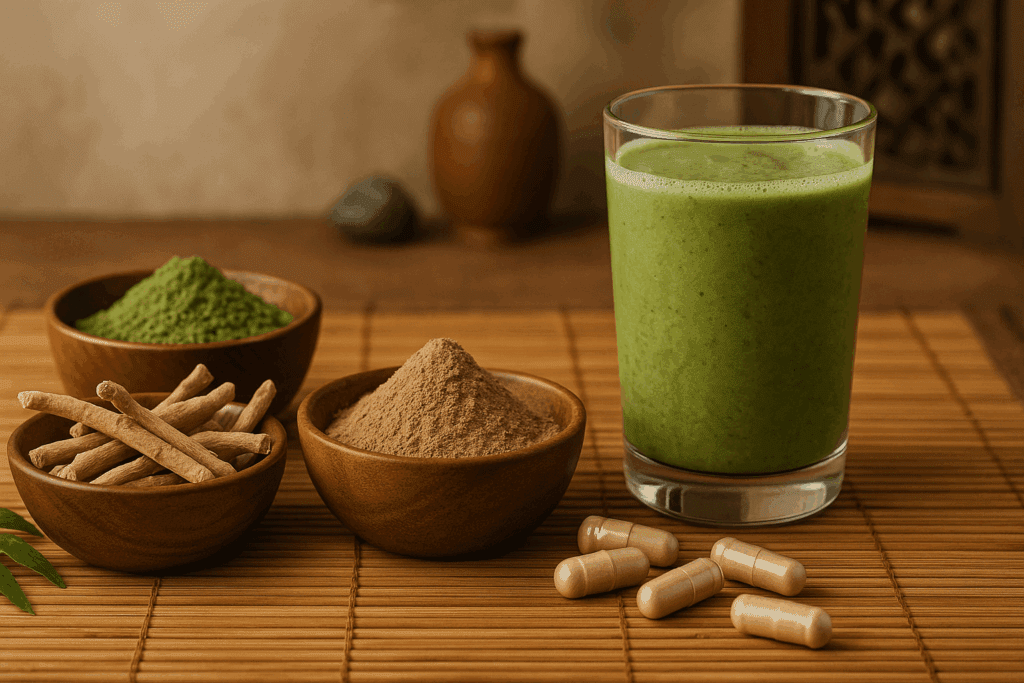
Shakti Mushrooms Benefits: A Fusion of Tradition and Innovation
Shakti mushrooms, a proprietary blend typically including lion’s mane, cordyceps, reishi, and chaga, have gained popularity for their synergistic effects on both mental clarity and immune support. The shakti mushrooms benefits stem from the integration of multiple mushroom types, each contributing unique phytochemicals to the mix. These blends are often offered in dried powder form, making them easy to incorporate into smoothies, teas, or culinary recipes.
One of the standout features of shakti mushrooms is their adaptogenic quality. Adaptogens help the body resist stressors of all kinds, whether physical, chemical, or biological. This makes shakti mushrooms a particularly appealing option for those navigating high-stress environments or seeking to enhance resilience and performance. For individuals seeking a comprehensive nootropic approach that also supports physical health, shakti mushrooms represent an innovative frontier in functional nutrition.
Is Dried Mushrooms Good for Health When Used Daily?
A natural extension of our inquiry into the health benefits of dried mushrooms is to ask about the safety and efficacy of daily use. So, is dried mushrooms good for health when consumed regularly? Research suggests that moderate, daily intake of dried mushrooms can support long-term wellness without adverse effects. In fact, the consistency of daily consumption may amplify the benefits of compounds such as ergothioneine, which accumulates in body tissues over time and offers protection against chronic oxidative damage.
While individual tolerance can vary, studies have found that daily doses of mushrooms ranging from 5 to 10 grams of dried product are well-tolerated by most adults. This dosage aligns well with dietary patterns in many Asian countries, where mushrooms are consumed regularly as part of traditional meals. Importantly, there is no evidence to suggest that long-term, moderate consumption leads to toxicity or nutrient imbalance. However, sourcing and preparation matter—it is essential to use high-quality, organically grown dried mushrooms to avoid contaminants such as heavy metals or pesticides.
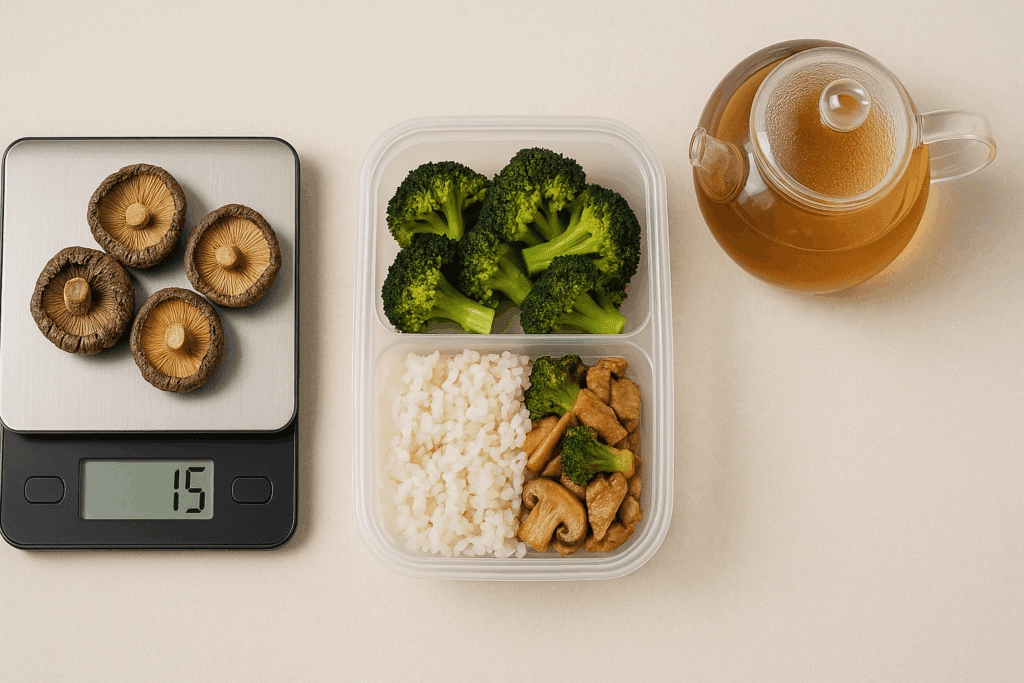
How Much Shiitake Mushroom Per Day is Optimal?
When considering the optimal intake of specific varieties like shiitake, the question often arises: how much shiitake mushroom per day is considered safe and beneficial? Most clinical and observational studies recommend a daily intake of approximately 5 to 10 grams of dried shiitake, which equates to roughly 50 to 100 grams of fresh mushrooms. This amount has been associated with measurable improvements in immune markers, cholesterol levels, and gut health.
For individuals new to medicinal mushrooms, starting on the lower end of this range and gradually increasing the dosage may be prudent to allow the body to adjust. Cooking or steeping dried shiitake mushrooms also enhances digestibility and nutrient bioavailability. Those with existing health conditions or on immunosuppressant medications should consult a healthcare provider before incorporating medicinal mushrooms into their routine, as the immunostimulatory effects could potentially interact with certain therapies.
Shiitake Mushroom Benefits for Health Across Lifespan
The shiitake mushroom benefits for health are not limited to one age group or demographic. From young adults seeking cognitive enhancement to older individuals managing chronic conditions, shiitake mushrooms offer a spectrum of advantages. Their antioxidant-rich composition helps protect cells from free radical damage, a key factor in aging and degenerative diseases. Meanwhile, their antimicrobial properties support oral and gut health, helping to maintain a balanced microbiome.
In midlife, shiitake consumption has been linked to improved cardiovascular markers, including lower LDL cholesterol and improved arterial function. The presence of sterols and polysaccharides contributes to lipid balance and vascular integrity, making them a heart-healthy choice. For aging populations, shiitake mushrooms support bone health through vitamin D enrichment—a process enhanced when the mushrooms are exposed to sunlight before drying. The interplay of these mechanisms reinforces the position of dried shiitake as a foundational element in lifelong nutritional planning.
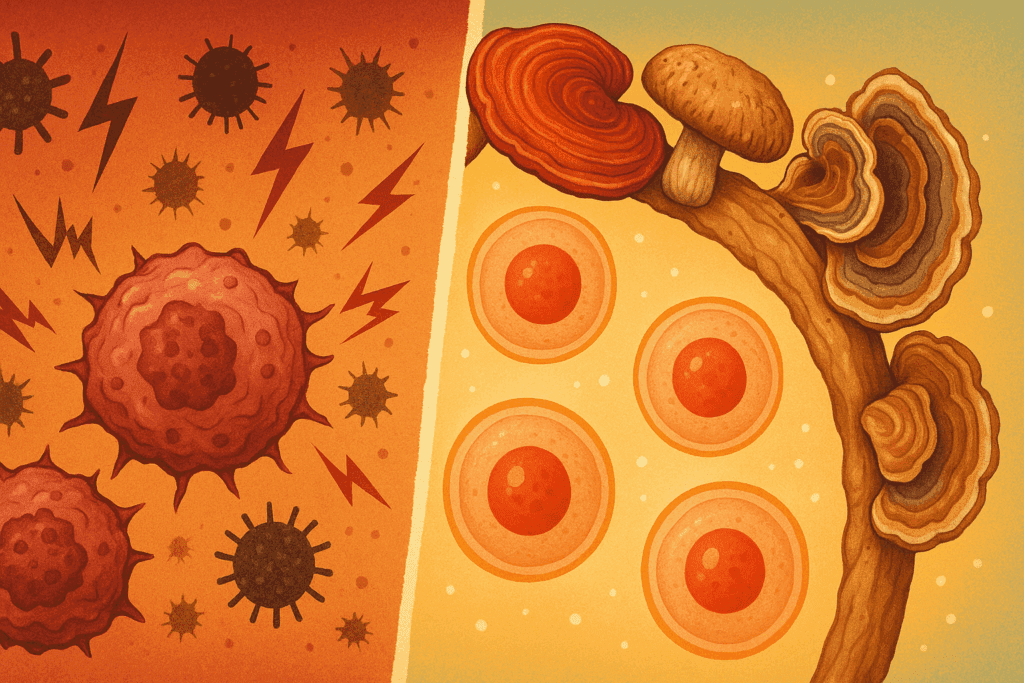
Is Dried Mushrooms Good for Health in Cognitive Aging?
As we age, cognitive decline becomes a significant concern, particularly in relation to neurodegenerative diseases. This brings us to a crucial inquiry: is dried mushrooms good for health in the context of cognitive aging? The answer appears to be a resounding yes, based on accumulating evidence. Compounds such as ergothioneine and hericenones not only reduce oxidative stress but also promote neural plasticity and synaptic regeneration. These effects are pivotal in maintaining memory, focus, and learning capabilities well into older age.
Additionally, dried mushrooms contain a wide range of antioxidants that protect brain cells from the cumulative effects of inflammation and environmental toxins. In animal studies, supplementation with dried mushrooms has been shown to improve maze navigation, spatial memory, and exploratory behavior. Human studies, while still emerging, echo these findings with improved performance on cognitive assessments among older adults who consume mushrooms regularly. The potential for dried mushrooms to delay or even reverse aspects of cognitive aging is an exciting frontier in nutritional neuroscience.
The Synergy of Nootropic Mushrooms and Memory Enhancement
The term “nootropic mushrooms” refers to fungi known for their brain-boosting capabilities. When used in dried form, these mushrooms become even more potent due to the concentration of active compounds. Lion’s mane, cordyceps, and reishi each contribute distinct mechanisms to the nootropic landscape. Lion’s mane stimulates NGF production, as previously mentioned, while cordyceps enhances mitochondrial function and oxygen utilization, directly supporting mental energy. Reishi, often called the “mushroom of immortality,” provides calming adaptogenic effects that can enhance focus and reduce anxiety.
Combining these mushrooms can create a multifaceted approach to cognitive wellness. The dried format also offers flexibility in usage—from teas and tinctures to capsules and culinary applications. As interest in brain health continues to grow, particularly in academic and professional settings, nootropic mushrooms present a compelling, natural alternative to synthetic cognitive enhancers. Their safety profile, coupled with centuries of traditional use, adds to their appeal as an accessible and sustainable intervention for memory and cognitive support.
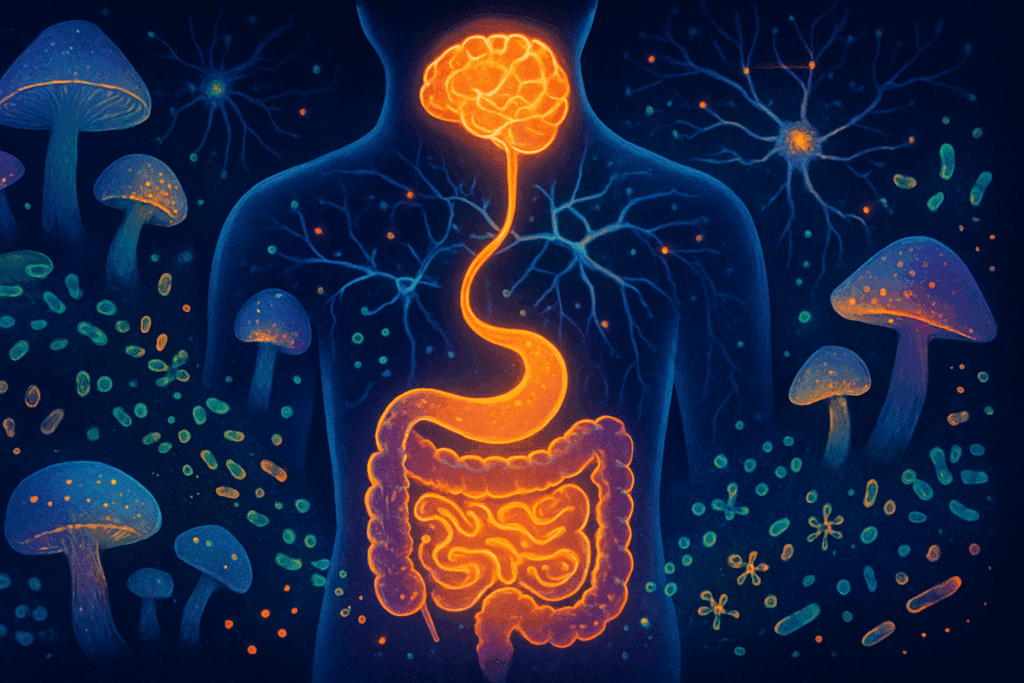
The Microbiome Connection: How Dried Mushrooms Nourish Gut-Brain Health
One of the most compelling and lesser-known aspects of dried mushrooms is their profound influence on the gut-brain axis. This bidirectional communication system between the gastrointestinal tract and the central nervous system has emerged as a cornerstone of modern health science. Dried mushrooms, particularly those high in beta-glucans and prebiotic fibers, play a critical role in this relationship by fostering a balanced and diverse gut microbiota. This microbial diversity is essential for producing neurotransmitters such as serotonin, which directly influence mood, cognition, and stress resilience.
For example, lion’s mane and reishi mushrooms contain non-digestible polysaccharides that feed beneficial gut bacteria like Bifidobacteria and Lactobacillus. These bacteria, in turn, produce short-chain fatty acids that help reduce inflammation in the brain and body. This dynamic demonstrates how dietary choices influence both mental and physical wellness, emphasizing that food truly is medicine. Regular consumption of dried mushrooms, especially in powdered or capsule form, can gradually recondition the gut environment, leading to improved emotional balance, mental clarity, and digestive health.
As studies continue to explore the gut-brain connection, the inclusion of dried mushrooms in dietary strategies offers a promising approach for those seeking to manage conditions such as anxiety, depression, or cognitive fog through natural means. It also provides another strong argument in response to the question “is dried mushrooms good for health,” affirming their multifaceted role in enhancing human vitality.
Beyond Immunity: Exploring the Anti-Cancer Potential of Dried Mushrooms
While immune support is one of the most celebrated benefits of dried mushrooms, their potential anti-cancer properties deserve equal attention. Research has identified several mechanisms by which compounds in mushrooms interfere with cancer cell growth, proliferation, and metastasis. One of the key agents is lentinan, found abundantly in dried shiitake mushrooms. This beta-glucan not only stimulates immune cells to recognize and destroy malignant cells but also enhances the efficacy of conventional cancer treatments by mitigating side effects and boosting therapeutic outcomes.
Reishi and turkey tail mushrooms, both commonly available in dried form, have demonstrated cytotoxic effects on a variety of cancer cell lines in preclinical studies. These effects are thought to be mediated through a combination of immune modulation, antioxidant activity, and inhibition of angiogenesis—the process by which tumors form new blood vessels. While more large-scale clinical trials are needed, existing evidence supports the inclusion of medicinal mushrooms as complementary interventions alongside traditional therapies.
Furthermore, dried mushrooms offer a safe and non-invasive dietary approach to cancer prevention. Their antioxidant-rich profiles protect DNA from oxidative damage, while their polysaccharides modulate inflammatory pathways that could otherwise trigger carcinogenesis. Incorporating dried mushrooms into meals or supplement routines can serve as a proactive measure for individuals with a family history of cancer or those at elevated risk due to lifestyle factors.
Functional Fungi in Athletic Performance and Physical Recovery
Athletes and active individuals constantly seek ways to improve performance, accelerate recovery, and reduce fatigue. Dried mushrooms have entered this conversation with impressive credentials. Cordyceps, in particular, has garnered attention for its ability to enhance aerobic capacity, mitochondrial efficiency, and ATP production. In dried or powdered form, cordyceps supplements are commonly used by endurance athletes to support oxygen utilization and delay the onset of fatigue.
Reishi mushrooms, although more commonly associated with relaxation and immune modulation, contribute to recovery by regulating cortisol levels and promoting restorative sleep. Their adaptogenic properties help the body manage the physical stress of training, reducing inflammation and improving muscular repair. Similarly, lion’s mane supports neuromuscular coordination, making it an excellent addition to regimens aimed at boosting both mental focus and physical output.
The combination of these effects positions dried mushrooms as a powerful tool in functional sports nutrition. When integrated strategically, either through meals, teas, or supplement blends, these fungi support a holistic training approach. They offer a natural, evidence-backed means to fuel workouts, prevent injury, and promote long-term physical resilience.
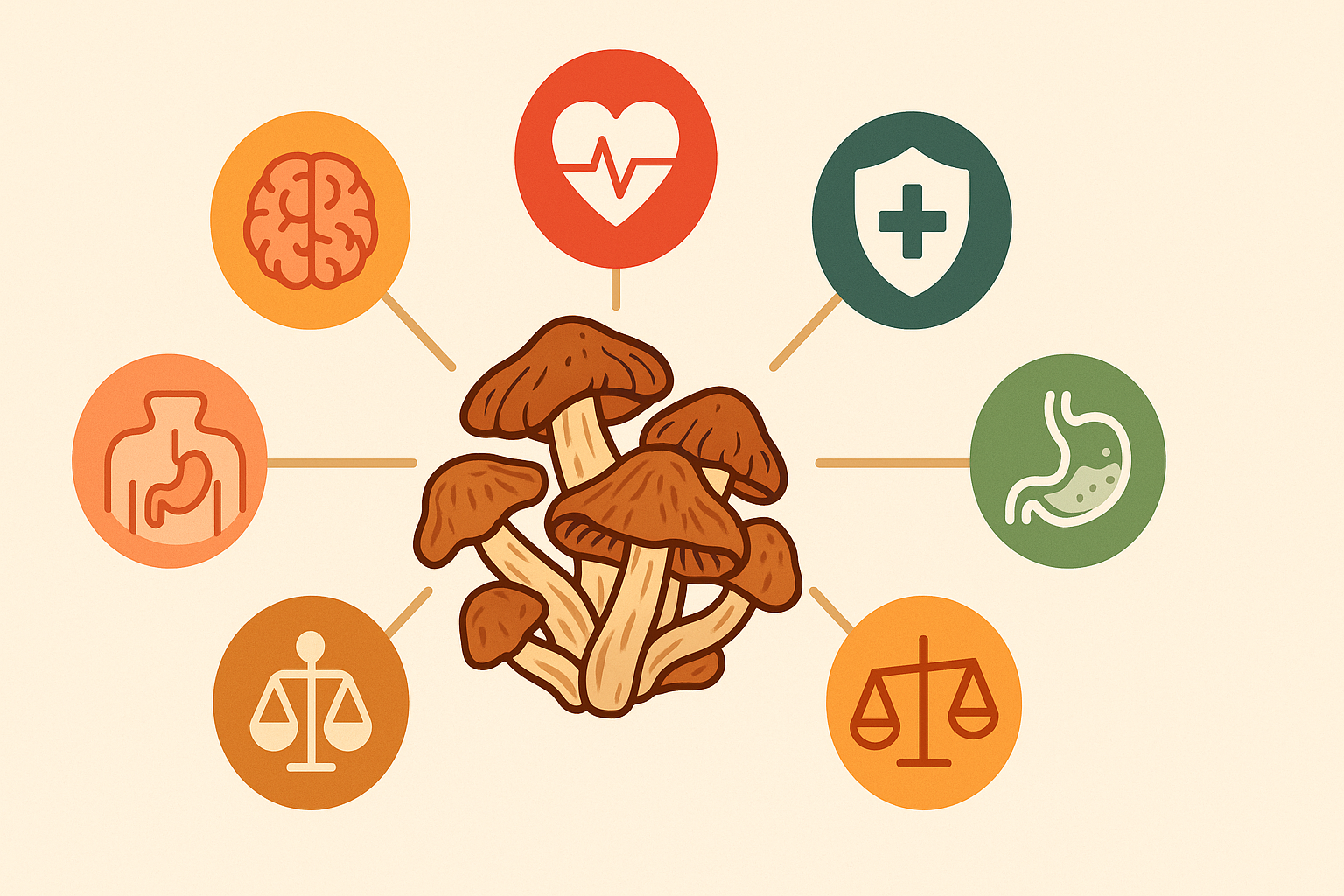
Is Dried Mushrooms Good for Health in a Holistic Lifestyle?
In answering the enduring question—is dried mushrooms good for health?—it’s essential to view their benefits through the lens of holistic well-being. True health extends beyond the absence of disease to include physical vitality, emotional stability, mental clarity, and spiritual grounding. Dried mushrooms, with their unique biochemical profiles and adaptogenic effects, contribute meaningfully to this multidimensional definition of wellness.
Their versatility makes them a perfect fit for integrative health practices. In Ayurveda, TCM, and Western herbalism, dried mushrooms are used in tinctures, decoctions, and nutritional formulas to harmonize bodily systems and restore balance. The holistic lifestyle emphasizes prevention, mindful eating, and alignment with nature—all principles embodied by the use of dried mushrooms. From morning mushroom lattes to evening soups enriched with reishi, the incorporation of these fungi into daily rituals reinforces a connection to ancestral wisdom and personal health empowerment.
Moreover, the ritualistic nature of preparing and consuming dried mushrooms can itself be therapeutic. In a culture increasingly disconnected from food origins and preparation, mushrooms invite mindfulness, intentionality, and reverence for nature’s pharmacy. As such, the dried mushroom becomes not only a nutritional supplement but a gateway to deeper, more conscious living—a profound testament to the idea that health is not merely achieved but cultivated with care.
Is Dried Mushrooms Good for Health? Expert-Level FAQs
1. What makes dried mushrooms a unique addition to long-term nutritional planning?
Unlike many perishable superfoods, dried mushrooms boast an extended shelf life that retains their nutritional integrity for months. This makes them an ideal staple in emergency preparedness kits or for those seeking to maintain consistent nutritional quality without frequent grocery trips. Their concentrated levels of micronutrients, including selenium and ergothioneine, provide antioxidant support that contributes to cellular repair over time. Moreover, dried mushrooms can easily be integrated into soups, teas, and smoothies, increasing dietary diversity while reducing food waste. These attributes collectively elevate the benefits of dried mushrooms from a seasonal health trend to a strategic component of a long-term wellness regimen.
2. Are there any lesser-known benefits of eating shiitake mushrooms for mental health?
Yes, beyond their well-documented immune and cardiovascular support, shiitake mushrooms contain compounds like eritadenine that may influence neurotransmitter pathways. Preliminary studies suggest they may help stabilize mood by modulating dopamine and serotonin levels, although more research is needed. This neurochemical influence complements their rich profile of B vitamins, which are essential for cognitive resilience under stress. Incorporating dried shiitake mushrooms into a routine may support emotional balance in addition to physical health. These emerging mental health effects expand the recognized benefits of eating shiitake mushrooms beyond traditional nutritional models.
3. How can dried mushrooms influence metabolic flexibility and energy production?
Dried mushrooms, particularly cordyceps and shiitake, support mitochondrial efficiency by enhancing oxygen uptake and ATP synthesis. This process underpins metabolic flexibility, allowing the body to switch efficiently between carbohydrate and fat as energy sources. Improved mitochondrial health has been associated with better endurance, reduced fatigue, and more effective weight management. This metabolic advantage makes dried mushrooms a functional food choice for athletes and individuals with metabolic disorders. Their ability to optimize energy systems demonstrates that the benefits of dried mushrooms are not just theoretical but have measurable physiological implications.
4. What cultural traditions offer unique insights into the health effects of dried mushrooms?
In Tibetan medicine, dried cordyceps have been used for centuries to treat respiratory ailments and enhance stamina at high altitudes. In Korean temple cuisine, rehydrated shiitake mushrooms are believed to purify the body and support spiritual focus. These cultural practices underscore the adaptogenic and holistic benefits of dried mushrooms as more than just nutritional tools. Studying these ethnobotanical traditions can inform integrative health practices and provide additional justification for their modern use. Such historical continuity reinforces the answer to the broader question: is dried mushrooms good for health across different societies and eras? Absolutely.
5. How does the preparation method affect the potency of shakti mushrooms?
The shakti mushrooms benefits can vary significantly based on how they are prepared and consumed. Brewing them into a tea helps extract water-soluble polysaccharides and triterpenes, offering a calming and immune-supportive effect. Conversely, incorporating powdered blends into smoothies or energy bites may deliver more consistent adaptogenic benefits throughout the day. Roasting or baking shakti mushroom powders into savory snacks can slightly reduce their potency but adds culinary versatility. Understanding these nuances enables users to tailor their intake for specific outcomes, whether cognitive clarity or stress reduction.
6. Can shiitake mushroom benefits for men extend to hormonal balance and sexual wellness?
Indeed, some lesser-discussed shiitake mushroom benefits for men involve their impact on hormonal regulation. Compounds like zinc and ergosterol found in dried shiitake may help support testosterone levels and sperm quality. Additionally, their anti-inflammatory properties can improve vascular function, indirectly enhancing sexual performance. These effects are most pronounced when consumed consistently in synergy with a nutrient-rich diet. Over time, this may position shiitake mushrooms as a subtle but valuable ally in men’s health strategies.
7. What are advanced culinary applications that retain the benefits of dried mushrooms?
To preserve the benefits of dried mushrooms during cooking, low-heat techniques such as simmering, steeping, or sous vide preparation are optimal. These methods allow for the extraction of key compounds without degrading sensitive nutrients like B vitamins and antioxidants. Infusing dried mushroom powders into vinaigrettes, broths, or even homemade fermented products like miso adds depth of flavor and health benefits. Dehydrated mushroom powders can also be used in spice rubs for grilling, allowing microdosing of nootropic compounds with every bite. Such culinary creativity can enhance both the appeal and efficacy of dried mushroom consumption.
8. How much shiitake mushroom per day is needed for neuroprotective support?
Emerging research indicates that a daily dose of 6 to 10 grams of dried shiitake mushrooms may yield neuroprotective effects. This dosage appears to support memory retention, learning ability, and neuronal repair, especially when integrated into a diet rich in omega-3s and antioxidants. Taking them in the morning may enhance mental clarity throughout the day, while evening consumption could support restorative brain processes during sleep. For those using dried powders or capsules, look for dual-extraction products to ensure both water- and alcohol-soluble compounds are included. Knowing how much shiitake mushroom per day to consume allows for precise, effective use in cognitive health protocols.
9. Are there sustainability advantages linked to the increased use of dried mushrooms?
Yes, dried mushrooms represent a highly sustainable food source. They require less water, land, and energy compared to animal protein, and their lightweight nature reduces transportation emissions. Many mushrooms can be cultivated using agricultural waste, contributing to circular economy models. Moreover, dried formats drastically reduce spoilage, curbing food waste and supporting food security initiatives. These environmental advantages deepen the value proposition of using dried mushrooms regularly—a benefit that extends far beyond personal health.
10. Why is dried mushrooms good for health in integrative and preventive medicine?
Dried mushrooms offer a unique confluence of anti-inflammatory, antioxidant, and adaptogenic properties that align with the principles of integrative medicine. They serve as functional foods that not only nourish but also regulate immune response, detox pathways, and neurotransmitter activity. Preventive medicine increasingly values such natural interventions that support the body’s own healing mechanisms before symptoms manifest. The preventive benefits of dried mushrooms are especially relevant in today’s aging populations and high-stress societies. Thus, when asking is dried mushrooms good for health in a broader medical context, the answer becomes even more compelling: they are a cornerstone of food-as-medicine philosophy with wide-reaching applications.
Conclusion: Unlocking the Brain and Body Benefits of Dried Mushrooms
As we reflect on the breadth of evidence and insights presented, the central question—is dried mushrooms good for health and brain function?—finds a deeply affirmative response. These humble fungi, particularly in dried form, emerge as powerful allies in the pursuit of holistic wellness. From their foundational nutrients to their neuroprotective compounds, dried mushrooms offer scientifically grounded support for immunity, cognition, metabolism, and longevity.
The benefits of dried mushrooms extend far beyond culinary delight, reaching into the domains of preventive medicine, mental performance, and age-related resilience. Whether it is the benefits of eating shiitake mushrooms, the adaptogenic potential of shakti mushrooms, or understanding how much shiitake mushroom per day is ideal, one thing is clear: incorporating these remarkable fungi into your daily routine can yield profound health dividends.
For those seeking natural strategies to bolster their health, sharpen their mind, and enhance their quality of life, the dried mushroom stands as a scientifically supported and culturally revered option. Its versatility, potency, and safety make it a cornerstone of smart nutrition and a shining example of how ancient wisdom continues to illuminate the path to modern wellness.
Further Reading :
Shiitake Mushrooms: 9 Scientifically Proven Benefits You Need to Know About
The health benefits of shiitake mushrooms have been studied worldwide!
